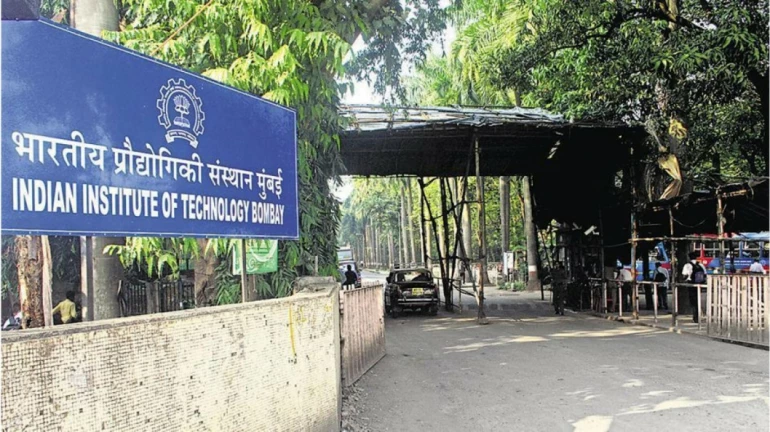
The Indian Institute of Technology (IIT) Bombay has decided to undertake an INR 2,000 crore infrastructure upgrade in the coming years. This plan was announced after a five-year evaluation of the institute's progress from 2018 to 2022 was released on Thursday, October 24. The report outlines a range of initiatives for improvement and growth.
The report said that a shift toward a learning-centred approach would benefit the institute's educational methods. The institution is planning a vertical campus expansion. It will increase the built-up area from 9 lakh square meters to 16 lakh square meters.
Many construction projects are already in advanced stages. Some of them are:
1. The A91 Eco Hub building
2. The DS School of Entrepreneurship building
3. student activities centre
4. An expansion of hostel number 14
5. A new aerospace building
6. Multiple academic blocks
7. Address staff and faculty housing needs
8. 2 new B-type buildings
These projects will address challenges brought by rapid growth. This expansion will help accommodate the rising number of students, faculty, and academic programs. It increases student housing capacity, adding 4,000 more rooms over the next two to three years to meet urgent needs.
IIT Bombay also plans to adopt "flipped classrooms," where lectures occur outside the classroom, allowing for interactive, student-centred activities during class. The goal is to make learning more engaging and reduce the focus on exams. It will make sure students benefit fully from the 40 lectures held each semester.
The institute will also strengthen its research capabilities. It has allocated INR 500 crore to purchase around 200 state-of-the-art research tools, such as nuclear magnetic resonance instruments and high-performance computing systems. Funding for these tools comes from an INR 1,000-crore grant under the central HRD ministry's "Institute of Eminence" project.
The evaluation report also recommended multiple improvements. It advised modernising old labs, expanding department libraries, and restructuring academic units. Additionally, it mentioned developing areas like biotechnology, machine learning, and artificial intelligence. Increasing the faculty-to-student ratio was also highlighted.
The review also presented recent placement statistics. IIT Bombay’s exit survey showed that 57.1% of students secured jobs through campus placements, while 10.3% found jobs outside IIT-B's placement system. About 1.6% started their own businesses, 8.3% joined the public sector, 6.1% were seeking employment, and 12% pursued higher studies.





